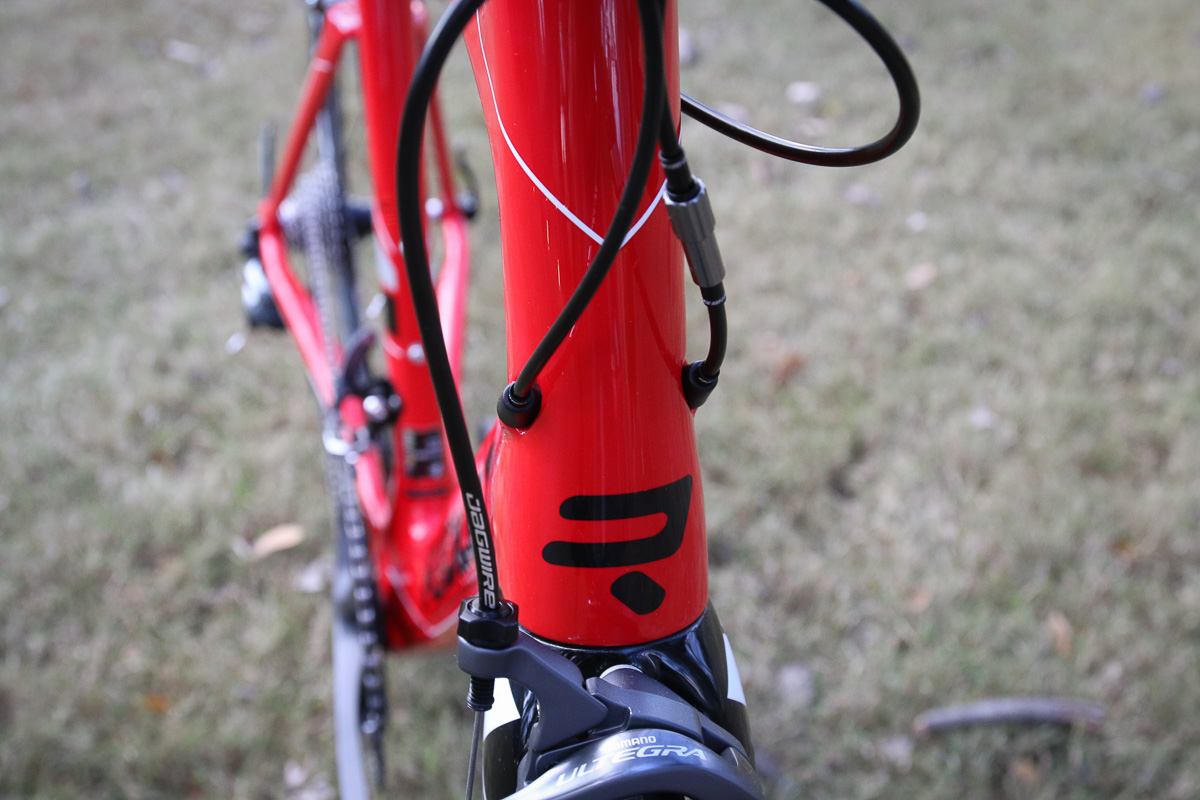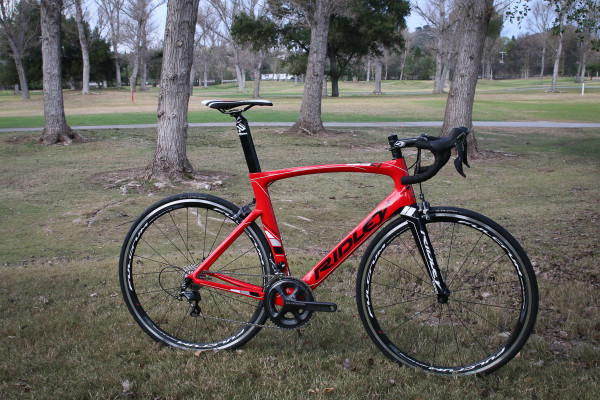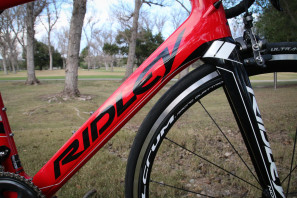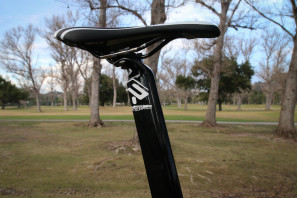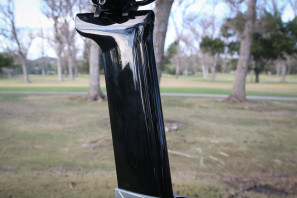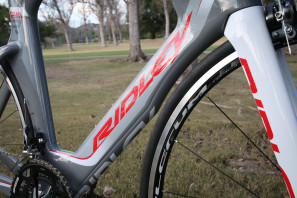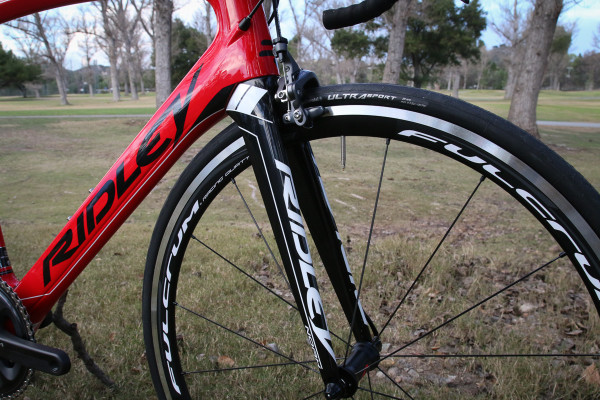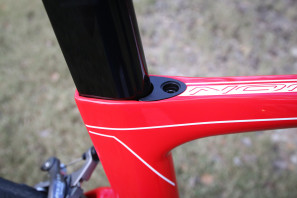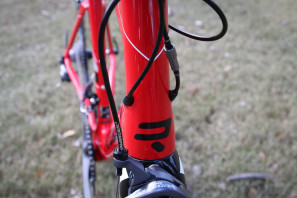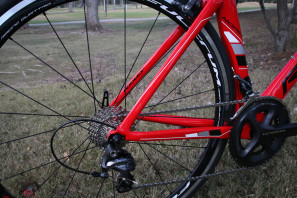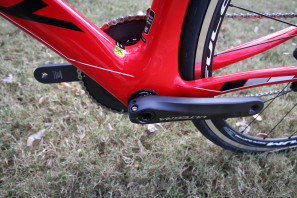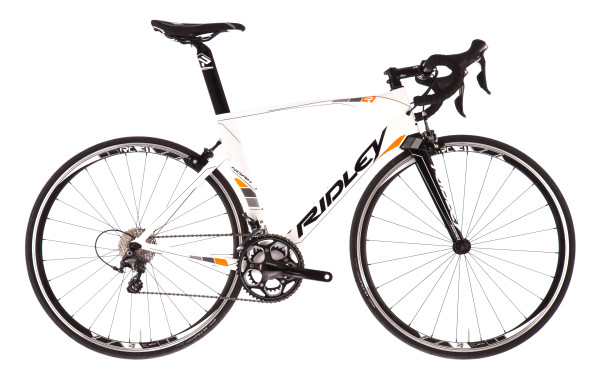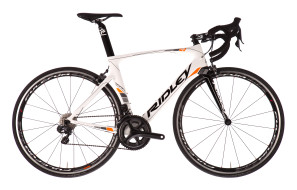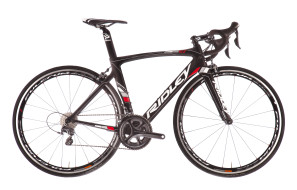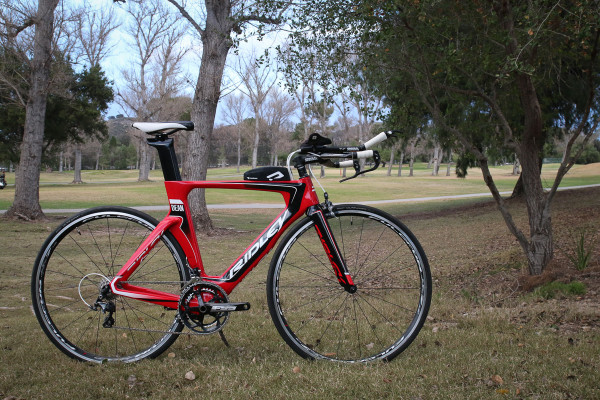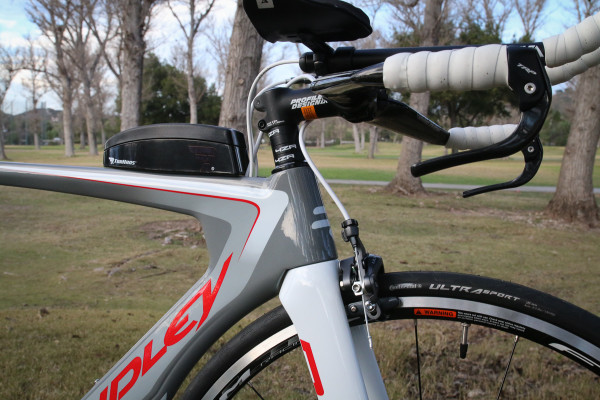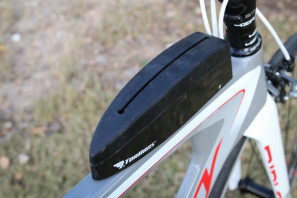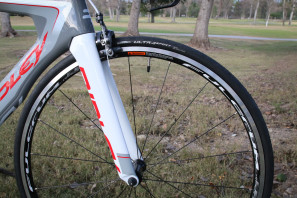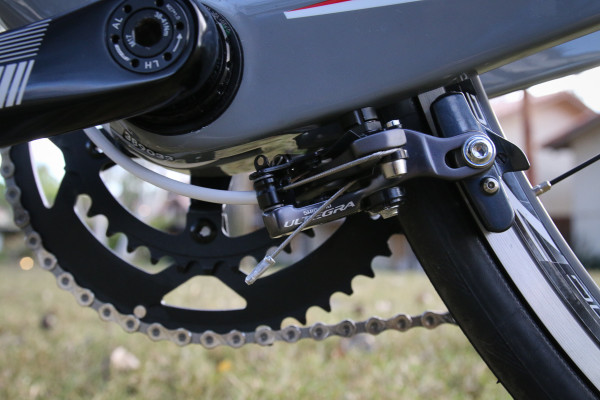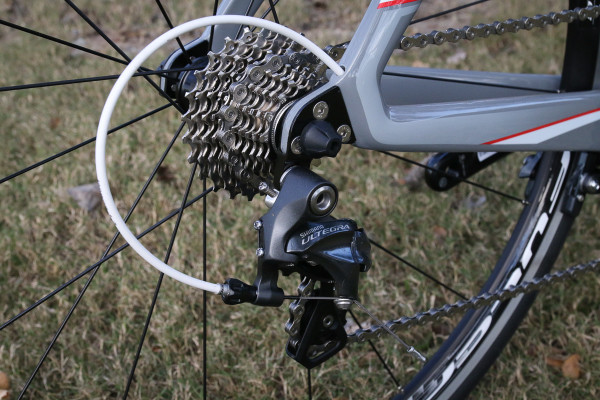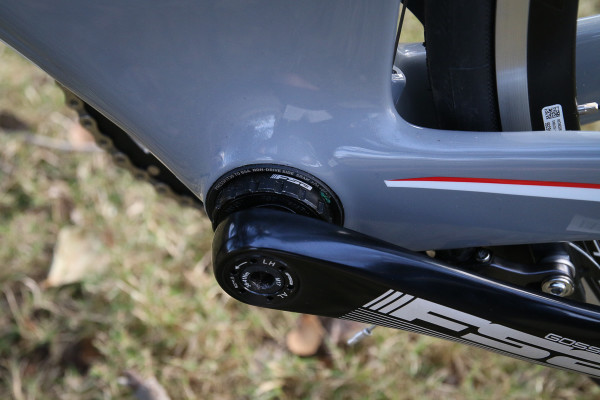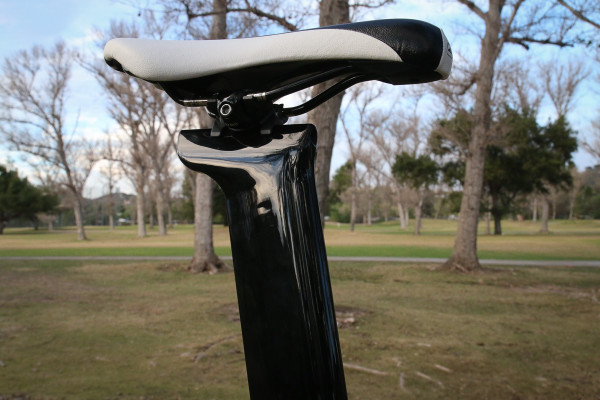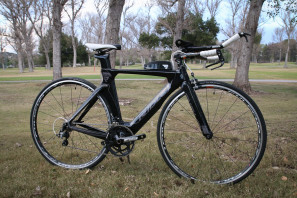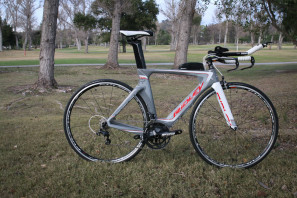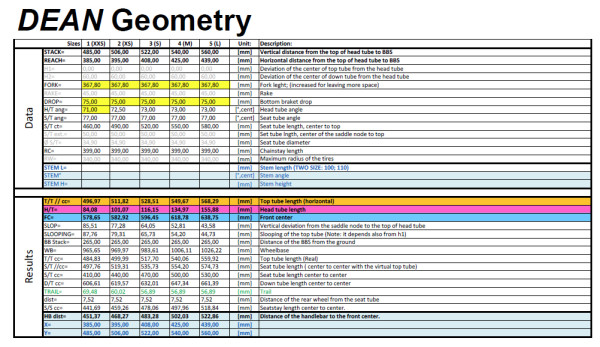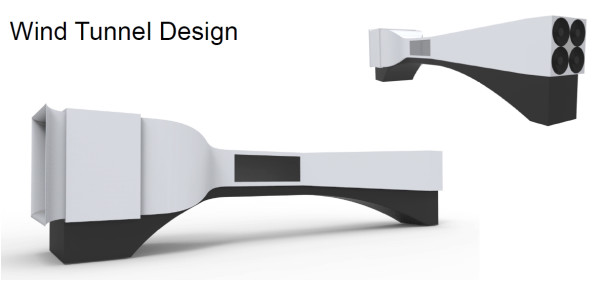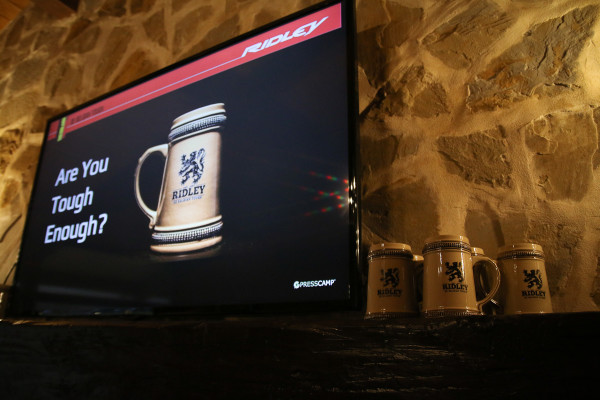As we walked into the Ridley presentation, we were immediately handed a Belgian beer and offered a seat. Things were off to a good start. Ridley is very proud of their Belgian roots and it shows in the final product. Beautiful bikes that are built for punishment. Bikes that are as no-nonsense as they are purpose built. To paraphrase, Belgian culture is one of pragmatism, or no bull shit.
So when it comes to making two new models that will cater to a lower price point, Ridley wanted to provide everything needed for a great ride that still had the Ridley DNA, but could be built to reach a more attainable price point. These aren’t exactly budget builds at $3-5k, but for what you’re getting at those prices, the new Noah and Dean look like great rides for those that are “tough enough”…
Even though the Dean and the Noah are more affordable, both bikes still include some important tech features to make each as aerodynamic as possible. While their F-Surface Plus and F-Split fork help to reduce drag, they are expensive to produce. However, the Dean and the Noah both make use of F-Tubing on the down tube and the seat tube. The small channel molded into the carbon causes a disturbance at the front of the truncated airfoil shape that makes the air follow along the contour of the tubing more closely than that of a standard NACA or even truncated NACA profile. Ridley claims the F-Tubing is worth an average 7% reduction in drag.
Compared to the Noah SL, one of the big changes is a standard aero fork rather than the F-Split fork, and a change to 24T high modulus carbon fiber. In an interesting twist, even though the frame is now slightly heavier, the standard aero fork is actually lighter than the F-Split fork, making total weight a wash with apparently the same weight as the SL frame set.
The rest of the frame is a mix of both aero and reliable features like internal cable routing through a tapered and flared head tube, integrated aero seat post, standard caliper brakes front and rear, and a PF30 BB shell with a threaded bottom bracket adapter.
Available in three builds, the Noah 70 uses a mix of Shimano 105 for a $3000 price tag(top, followed by the Ultegra model at $3750 (bottom right), and the Ultegra Di2 build at $4620 (bottom left).
The new Dean follows a similar philosophy by providing much of the aero benefits of a much more expensive bike but at a price that will allow you to actually travel to a race or two without breaking the bank completely. Ridley mentions they see this as the bike for someone who has done maybe one or two triathlons, but doesn’t wan to spend $7-8k on one of the modern “super bikes.” It’s meant to be fast, yes, but it’s also designed so that most riders will be able to disassemble and reassemble it themselves to make it possible to ship it to your event.
Up front, an aero integrated fork and head tube help cheat the wind, but still allow for a standard 1 1/8″ steerer with a short head tube for maximum adjustment range. Built with a Profile cockpit, riders will have the ability to more easily swap parts with one of the most popular brands of components. There is still plenty of attention paid to the aero details with cable routing tucked in behind the steerer tube, just in front of the bolt on top tube box. Like the Noah, Dean uses a standard aero fork with a common caliper brake set up.
The rear brake is swapped for a chainstay mounted direct mount brake for aero purposes, but is un-shrouded for easy access. Ridley mentioned that the new frame is shaped to fit 25mm tires as a max, as well as offers enough room for Zipp wheels.
Since different tire sizes will change the gap between the tire and the frame thus influencing aerodynamics, the Dean comes with two different dropout sets. Instead of adjustable horizontal drops which can be a pain, the Dean uses replaceable, bolt on dropout plates that change the spacing of the rear wheel for either 23 or 25mm tires.
Like the Noah, Dean uses a PF30 BB shell that is adapted to use with threaded bottom brackets for the more affordable cranksets.
A zero offset seat post includes around 70mm of adjustment to fit a wide range of riders, and the whole bike’s geometry provides a more linear stack & reach profile.
Available in three complete builds, the Dean 20 includes a Shimano 105 build, Profile cockpit, and 4ZA RC31 wheels for $3000, the 15 includes Shimano Ultegra, Profile Carbon components, and Fulcrum Racing 7 wheels for $3750, and the 10 moves to Ultegra Di2, Profile carbon components, and Fulcrum Racing 5 wheels for $5500.
Elsewhere in Ridley news, Ridley is working with Flanders’ Bike Valley to open the bicycle equivalent of Silicon Valley, but in Belgium. The new Innovation Center will sit on Ridley’s property, but is a separate entity that will include invention incubators, in house IP office, a concept store, restaurant, and the main attraction – a state of the art wind tunnel. Founded by Ridley, Bioracer, Lazer, Flanders Make, and Voxdale, the project has 53 members and will be the tech hub of the Belgian cycling scene. Everything is set to open the weekend of the Tour of Flanders.
